AI-Driven Tech To Create More Than 28 Lakh Jobs In Indian Rural Areas
Aadhya Khatri - Jul 10, 2019
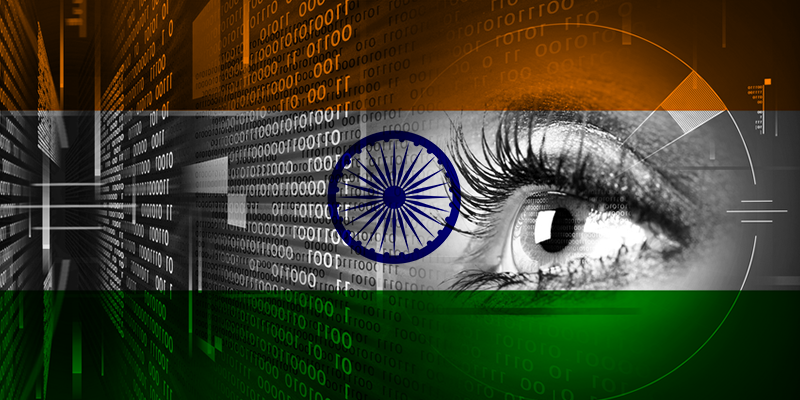
With the aim to turn India into a $5 trillion economy by the year 2024-2025 the country needs to shift its focus to AI, Internet of Things, and many more
- Getting Started with AI: A Newbie's Simple Guide
- IDC Report Predicts Surging Smartphone Prices Due to Global RAM Shortage
- Samsung Links Galaxy S26 Price Hikes to AI Memory Supply Issues
With the aim to turn India into a $5 trillion economy by the year 2024-2025 when the fourth Industrial Revolution is drawing close, the country needs to shift its focus to AI, robotics, Internet of Things, quantum computing, data analytics, and 3D printing.
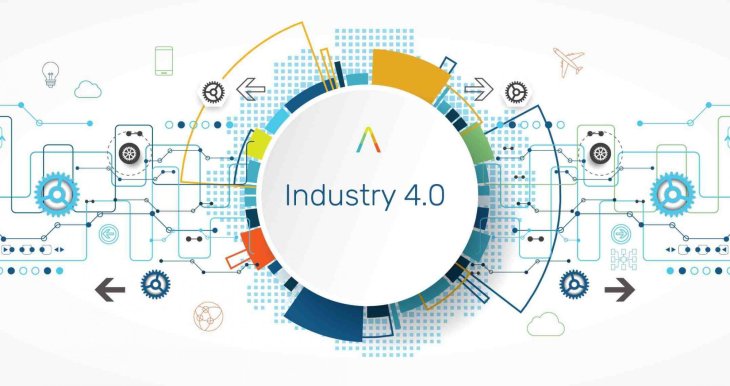
The public and private sectors are required to collaborate closely so that the country can have a solid base of new age coders, people who can write algorithms for Cloud and AI, thus creating secure apps and software. This is the very foundation to reach the $3 trillion mark, on the way to achieve the $5 trillion cornerstone.
India aims at becoming an AI powerhouse, and recently, the government issued a National Programme on AI to boost the development and research in this area. The program has established collaboration with many leading AI organizations to apply artificial intelligence in areas like health and agriculture.
According to BIF (short for Broadband India Forum), the Indian policy think-tank, AI-driven apps, and IoT will help bring about over 28 lakh jobs in India’s rural area in the next eight to ten years, with the year-on-year value of Rs 60,000 crore.
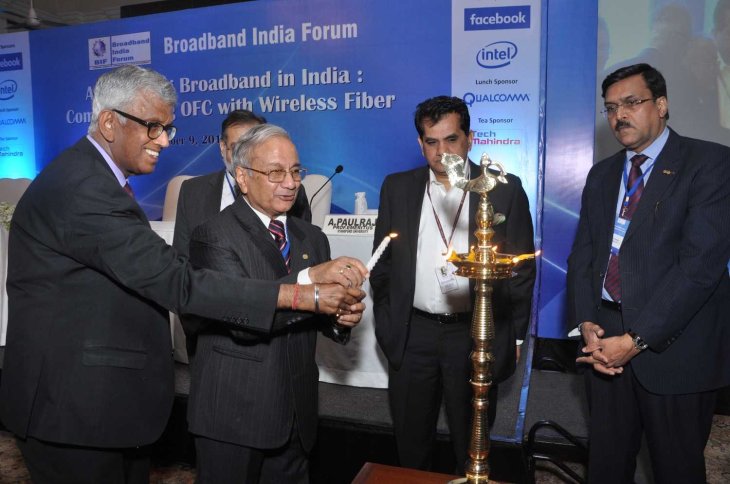
In that 28 lakh jobs, at least 21 lakh will be in the agriculture sector; the rest will be for the rural healthcare sector. This information was the result of a study conducted by BIF with the consultation of the Healthcare Sector Skill Council, the Agriculture Skill Council, and the Electronics Skill Council of India.
Nasscom (short for National Association of Software and Services Companies) reported that the industry’s performance was affected last year by the gap in demand and supply. The year 2018 saw a shortage of 140,000 skilled workers to fill in the vacancies of 500,000 jobs.
Amit Aggarwal, CEO of the IT-ITES Sector Skill Council, NASSCOM, said that:
In India, more than 200 start-ups are focusing on developing AI-driven solutions for a wide range of industries, with education, agriculture, and health are the top priorities. What the country needs to do now is to make a pool of skilled workers to become a powerhouse in technology, like China is.
The technological revolution, Big Data, IoT, and AI will demand the support of the Union Budget 2019, said Rishi Bhatnagar, President-Aeris Communications, Chairman IET IoT Panel India.
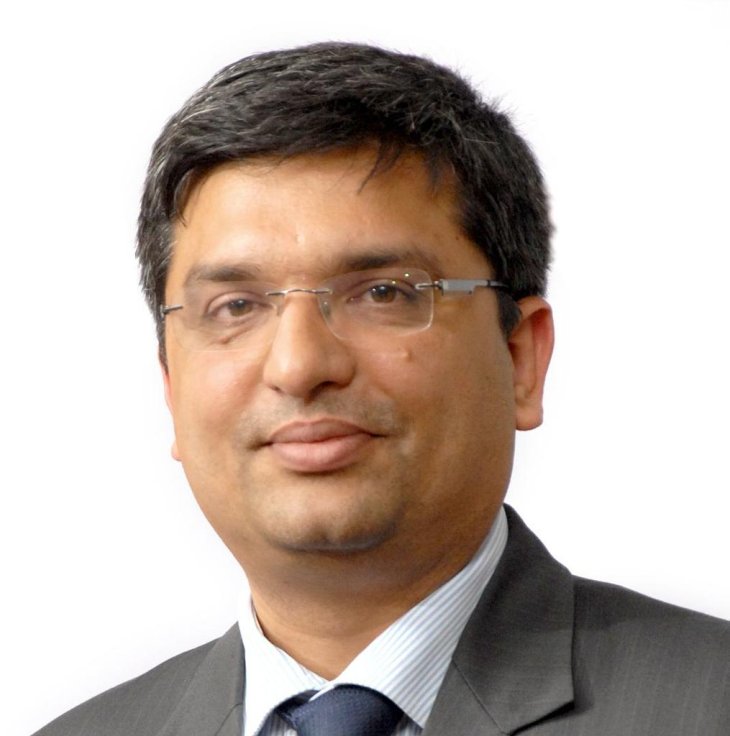
According to a report named 'The Future of Jobs 2018' issued by the WEF (World Economic Forum), about 54% of the workforce all over the world needed to be up-skilled or re-skilled to meet the demand of the technology industry.
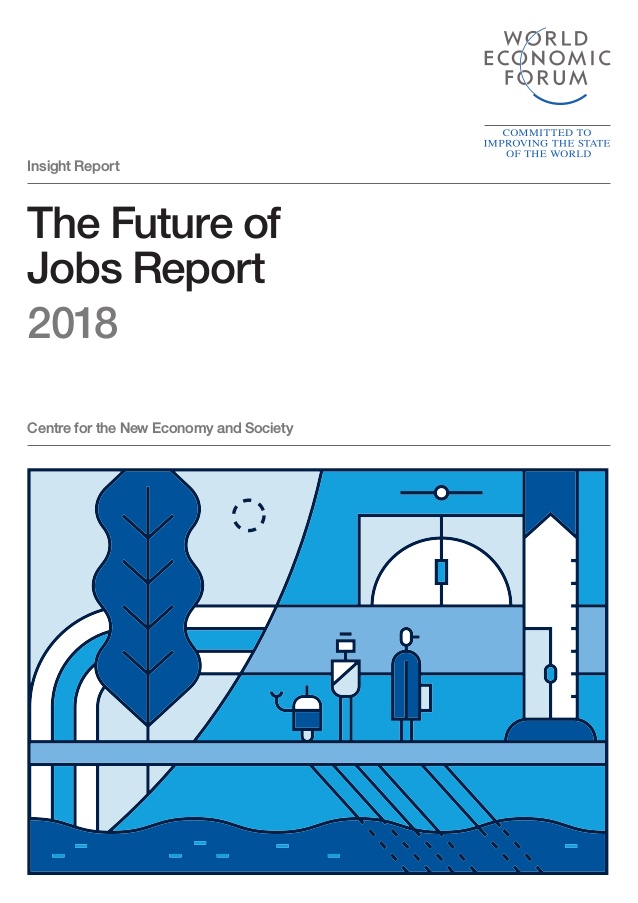
The Budget 2019 focuses on training young citizens with skills on Big Data, Robotics, IoT, AI, Virtual Reality, and many more.
AI is expected to double the employee productivity and innovation rate in India by the year 2021. The development of artificial intelligence calls for re-skilling and up-skilling of the workforce to keep up with the demands of the labor market of tomorrow.
Featured Stories

Features - Jan 29, 2026
Permanently Deleting Your Instagram Account: A Complete Step-by-Step Tutorial

Features - Jul 01, 2025
What Are The Fastest Passenger Vehicles Ever Created?

Features - Jun 25, 2025
Japan Hydrogen Breakthrough: Scientists Crack the Clean Energy Code with...

ICT News - Jun 25, 2025
AI Intimidation Tactics: CEOs Turn Flawed Technology Into Employee Fear Machine

Review - Jun 25, 2025
Windows 11 Problems: Is Microsoft's "Best" OS Actually Getting Worse?

Features - Jun 22, 2025
Telegram Founder Pavel Durov Plans to Split $14 Billion Fortune Among 106 Children

ICT News - Jun 22, 2025
Neuralink Telepathy Chip Enables Quadriplegic Rob Greiner to Control Games with...

Features - Jun 21, 2025
This Over $100 Bottle Has Nothing But Fresh Air Inside

Features - Jun 18, 2025
Best Mobile VPN Apps for Gaming 2025: Complete Guide

Features - Jun 18, 2025
A Math Formula Tells Us How Long Everything Will Live
Read more

ICT News- Mar 03, 2026
Budget Entry-Level PCs Under $500 to Vanish by 2028 Due to Memory Price Surge
The era of the sub-$500 PC appears to be ending.

How To- Mar 04, 2026
Getting Started with AI: A Newbie's Simple Guide
Are you curious about artificial intelligence but not sure where to begin? You are not alone.



Comments
Sort by Newest | Popular